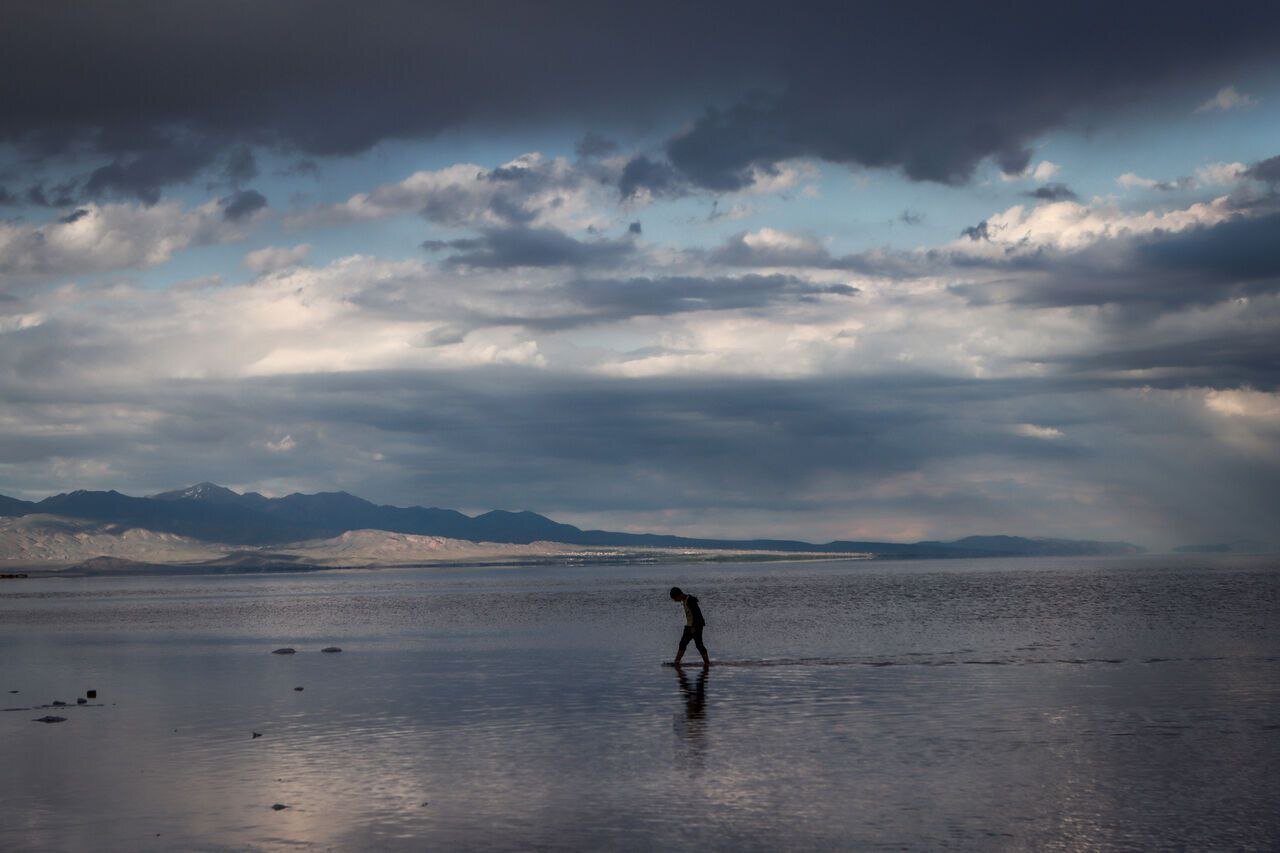
Similar Posts
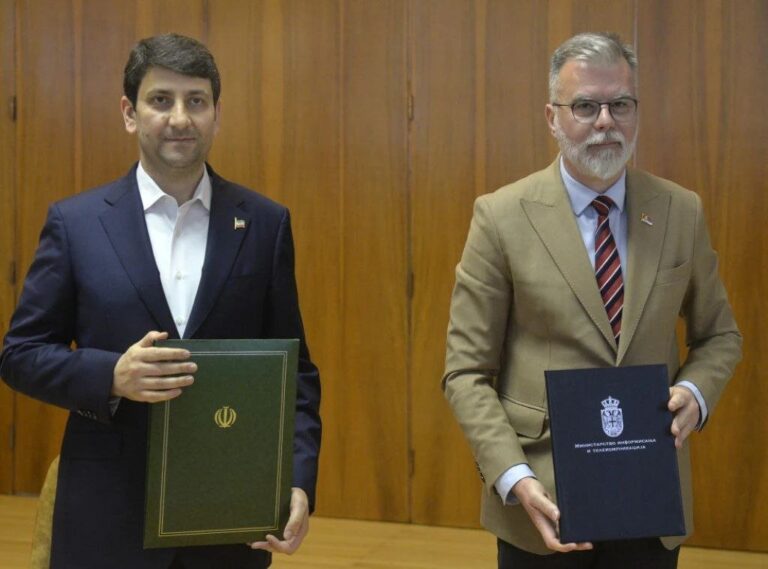
Tehran and Belgrade Forge Strategic MOU to Boost ICT Collaboration
Iran’s Minister of Information and Communications Technology, Sattar Hashemi, signed a memorandum of understanding with Serbia’s Dejan Ristic to enhance collaboration in the ICT sector, artificial intelligence, and data transfer. During Hashemi’s visit to Belgrade, he discussed advancements in ICT with Serbian President Aleksandar Vucic, who expressed interest in leveraging Iran’s technological capabilities. The agreement aims to promote cooperation, share expertise, and establish joint teams for projects in IT, e-commerce, and postal services. Hashemi highlighted Iran’s strengths in AI development and digital services, suggesting their partnership could foster innovation and economic growth in both nations.

Tehran Set to Host Inaugural National Seminar on Knowledge-Based Ecosystems: Shaping the Future of Innovation
The national seminar titled “The Knowledge-Based Iran” on March 1 in Tehran will focus on Iran’s growing knowledge-based ecosystem, highlighting its achievements, challenges, and opportunities. Supported by the vice presidency for science and technology, the event aims to foster collaboration among policymakers, researchers, and industry experts, recognizing top-performing companies. The sector has seen over 200% growth in company numbers within a year, now totaling 10,000, with a market value of approximately $2 billion. The seminar offers a platform for networking and strategizing, enhancing support for continued success and innovation in Iran’s knowledge-based companies.
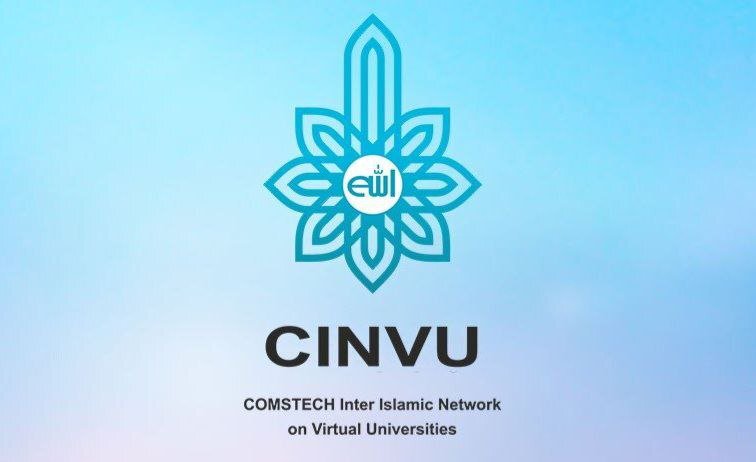
Yazd University Partners with CINVU: A New Era of Collaboration!
Yazd University has joined the Inter-Islamic Network on Virtual Universities (CINVU) under the Ministerial Standing Committee on Scientific and Technological Cooperation (COMSTECH) of the Organization of Islamic Cooperation (OIC). This membership enhances international collaboration in education and research among Islamic nations. CINVU aims to foster scientific, educational, and technological partnerships, promote joint ventures, and facilitate cooperation among scholars and students. It focuses on developing educational equity, leveraging smart technologies, and preventing brain drain. The initiative, supported by Iran’s Ministry of Science, Research, and Technology, positions Yazd University as a key player in enriching educational opportunities across OIC member states.
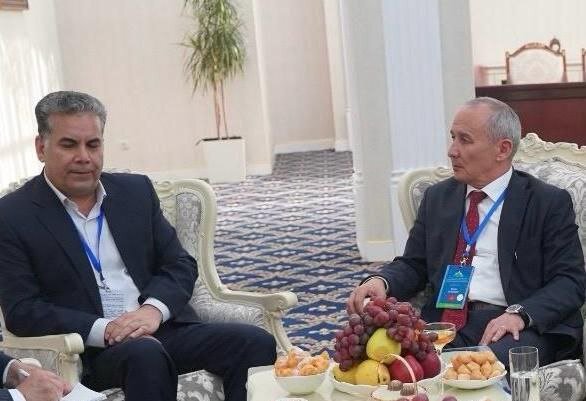
Tehran and Bishkek Forge Stronger Environmental Partnerships for a Greener Future
Officials from Iran and Kyrgyzstan recently met to discuss environmental cooperation focused on biodiversity and conservation during the International Conference on the Global Mountain Dialogue for Sustainable Development in Bishkek. Hamid Zohrabi of Iran’s Department of Environment and Kyrgyz Minister Meder Mashiev highlighted their nations’ ecological ties and agreed to update a prior memorandum to enhance joint efforts. Zohrabi offered Iran’s 60 years of experience in wildlife conservation, emphasizing the importance of knowledge exchange. The conference addressed climate change’s impact on mountain ecosystems and aimed to foster international collaboration for sustainable development, laying groundwork for future initiatives in vulnerable regions.
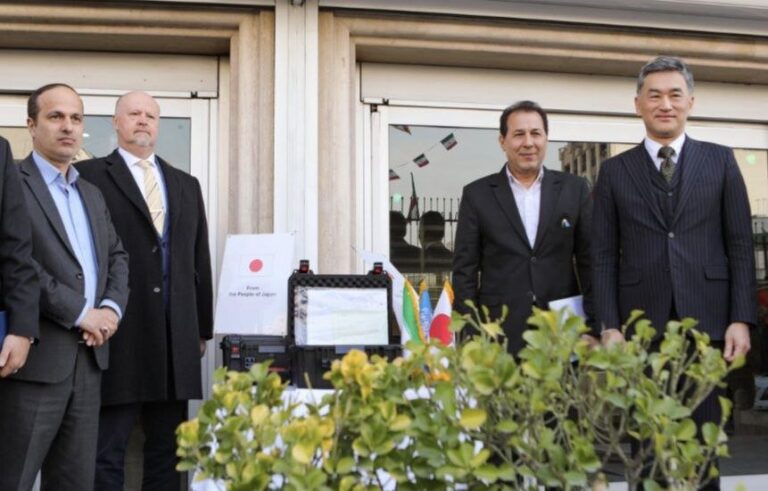
UNODC Boosts Iran’s Drug Detection Capabilities with 4 New Advanced Trace Detector Devices
The UNODC has delivered four advanced drug trace detector devices to Iran’s Customs Organization and Anti-Narcotics Police, funded by the Japanese government, to aid in combating drug trafficking. The handover ceremony, held on February 5 in Tehran, highlighted Iran’s strategic partnership with the UNODC since 1991. Key representatives emphasized the need for enhanced detection tools due to rising methamphetamine production in Afghanistan and increased narcotics transit through Iran. In 2024, Iranian authorities seized significant quantities of narcotics, underscoring their crucial role in global drug control. The initiative aims to bolster Iran’s capabilities in this ongoing fight for global security.
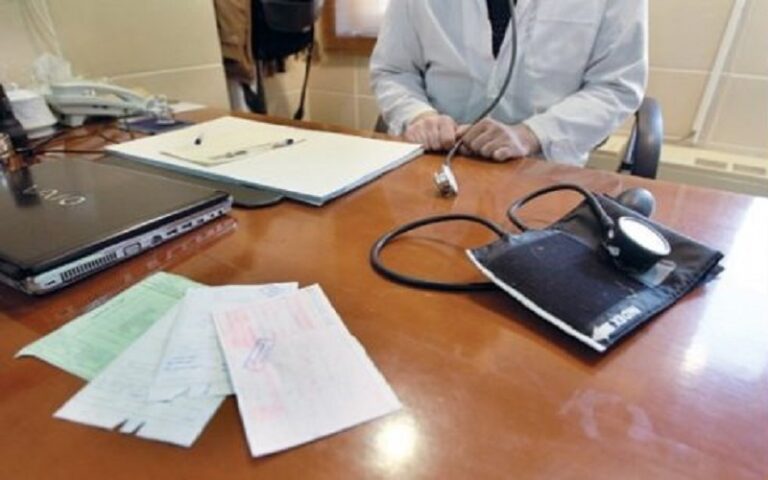
Rising Exodus: Iranian Doctors Seek New Horizons Amid Alarming Emigration Trends
Iran’s healthcare crisis is exacerbated by economic and social challenges, prompting many medical professionals, especially GPs and specialists, to leave the field or emigrate. Mohammad Raiszadeh, head of Iran’s Medical System Organization, noted that around 30,000 GPs are inactive due to low pay, with earnings barely covering practice costs. Factors driving GPs away include insufficient income, labor market saturation, poor working conditions, and job insecurity. High emigration rates, with 4,500 medical staff leaving in the first eight months of 2024, threaten public health and care quality. Without reforms, the situation may worsen, jeopardizing healthcare in Iran.